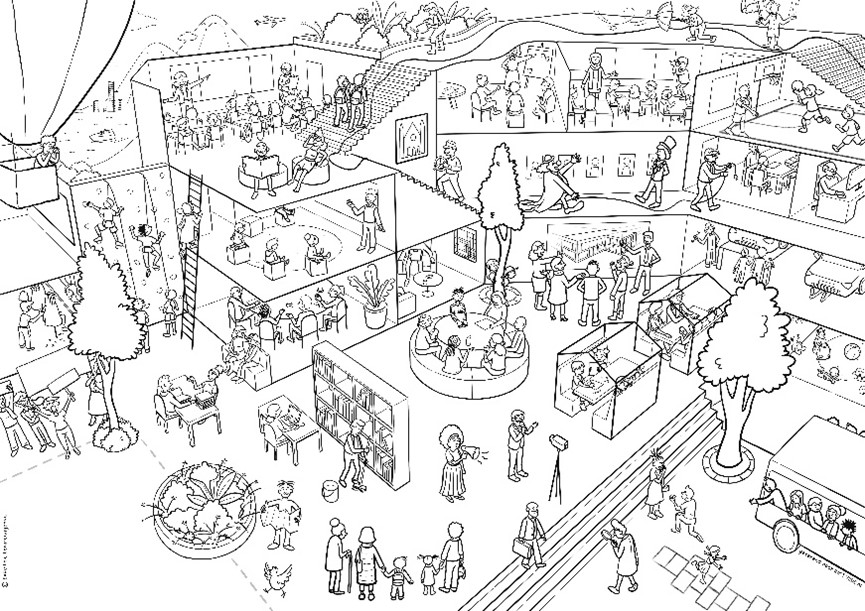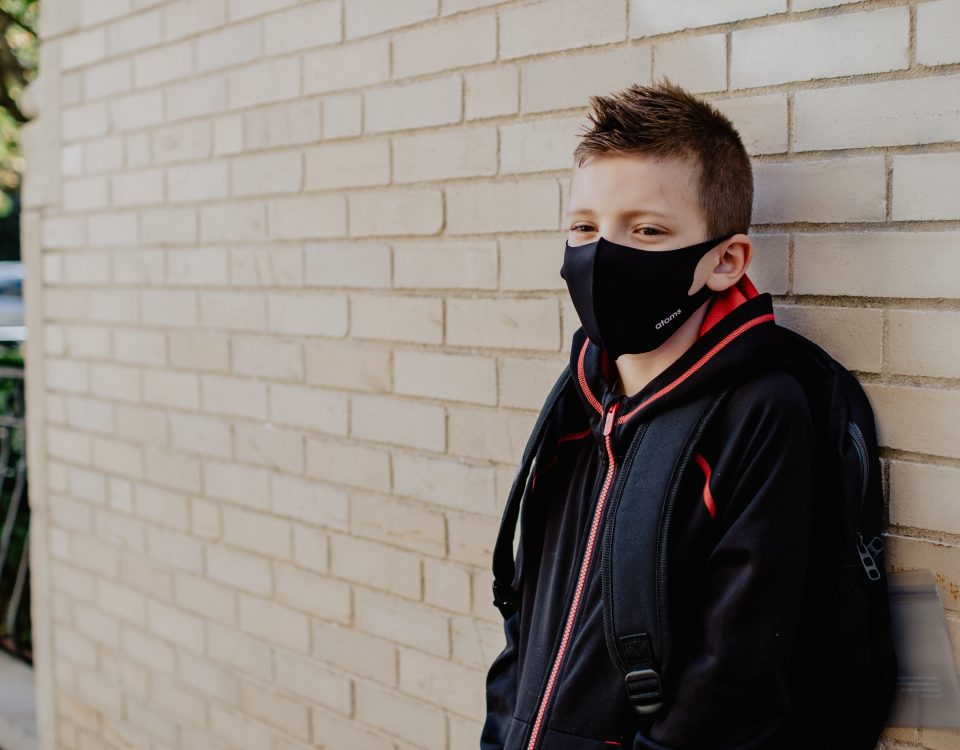
Teacher’s Profession is (Still) Attractive in Finland
December 13, 2023
Creative research as a starter for professional dialogue
February 19, 2024‘So how do you feel that lesson went?’ Patterns of discursive interaction in post-lesson debriefs

Over the past decade, I have had the opportunity to observe post-lesson debriefs in teacher education programs in Belgium, England, Norway, and the Netherlands. I noticed fairly little variation in the structure of debriefs, regardless of the vastly different program, cultural, and institutional contexts in which these were enacted. Lesson debriefs typically started from variations on the same question: so how do you feel that lesson went? This generic question invited mostly generic responses from the student teacher. The observer, in turn, provided a synopsis of the feedback, sandwiching criticism between layers of praise. A follow-up action plan was agreed upon, listing key areas for development. The same formula would unfold itself a few times during placement. The goal is that such conversations support student teachers in critically assessing their performance, allow them to generate new understandings about teaching, and encourage reflective thinking. At the same time, however, we know that debriefs often fall short of their purposes.
In a recently published article (Vanassche, 2013), I explored a crucial yet underestimated and under-researched force which is the triad’s capacity for talk that proves generative for learning. Drawing on insights from social discursive psychology (a.o. Potter, 2011) and linguistic anthropology (Ahearn, 2011), I took a view of learning as a discursive achievement, realized in the situated interactions between the teacher educator, mentor teacher, and student teacher.
Analysis of ten post-lesson debriefs held in the context of a university-based secondary teacher education programme in England revealed five patterns of discursive interaction: (a) directive discourse is concerned with clear and actionable directives for future performance; (b) normalizing discourse provides reassurance by defining an expressed problem as normal or endemic to the work of teaching; (c) analytic discourse inquires what happened in practice, why, and with what consequences; (d) justificatory discourse revolves around the reasons and rationales underpinning actions; and (e) evaluative discourse evaluates student teachers’ actions and the reasons and rationales for those actions.
These discursive patterns, in turn, attribute particular conversational rights and duties to triad members. Student teachers’ positions across the identified discourses vary in the degree of agency they are afforded to make sense of, justify, and enact practice. Directive, normalizing, and evaluative discourse leave student teachers with little agency compared to analytic and justificatory discourse. Directive, evaluative, and justificatory discourse hinge on the positioning of teacher educators and mentors as experts. Their personal experiences of ‘what works’ is the basis for directing or evaluating student teachers’ (justification of) performance. Normalizing discourse is performed from a struggling expert position, with teacher educators and mentors maintaining a delicate balance between making explicit their own struggles and uncertainties, without eroding their status as accomplished professionals. Analytic discourse explicitly refrains from the teacher educator or mentor as expert position and involves all triad members in collective interpretation of what happened and why.
Interestingly, most triads develop a ‘discursive signature’ and seem rather persistent in their preferred assemblage of discourse practices. This highlights the importance and also challenge of avoiding getting stuck in a discursive routine. Teacher educators or mentors telling student teachers what they know from experience has its place in debriefs. Yet, debrief talk should not be confined to such directive talk, and the same goes for the other discourse patterns. One might argue that exclusive use of one of the five identified discourses does not usually result in a productive debrief.
The identified discourse partners offer teacher educators, mentors and student teachers alike a vocabulary or heuristic to recognize patterns of speech and monitor its social effects. Thinking before we talk, or realising that talk is structuring thinking and thus learning, would allow for more intentional conversational choices in post-lesson debriefs.
This blog post is derived from the article ‘Talking to learn: Patterns of discursive interaction in post-lesson debriefs’ authored by Eline Vanassche, and published in Teaching and Teacher Education.
The data gathering of the study reported in the article and this blog post received funding from the European Union’s Horizon 2020 research and innovation program under the Marie Sklodowska-Curie grant No 751294.
References
Ahearn, L. M. (2011). Living language: An introduction to linguistic anthropology. Wiley.
Potter, J. (2011). Discursive psychology and discourse analysis. In H. Cooper, P. M. Camic, D. L. Long, A. T. Panter, D. Rindskopf, & K. J. Sher (Eds.), APA handbook of research methods in psychology (pp. 119–138). American Psychological Association.
Vanassche, E. (2023). Talking to learn: Patterns of discursive interaction in post-lesson debriefs. Teaching and Teacher Education, 133, 1-10. https://doi.org/10.1016/j.tate.2023.104301




